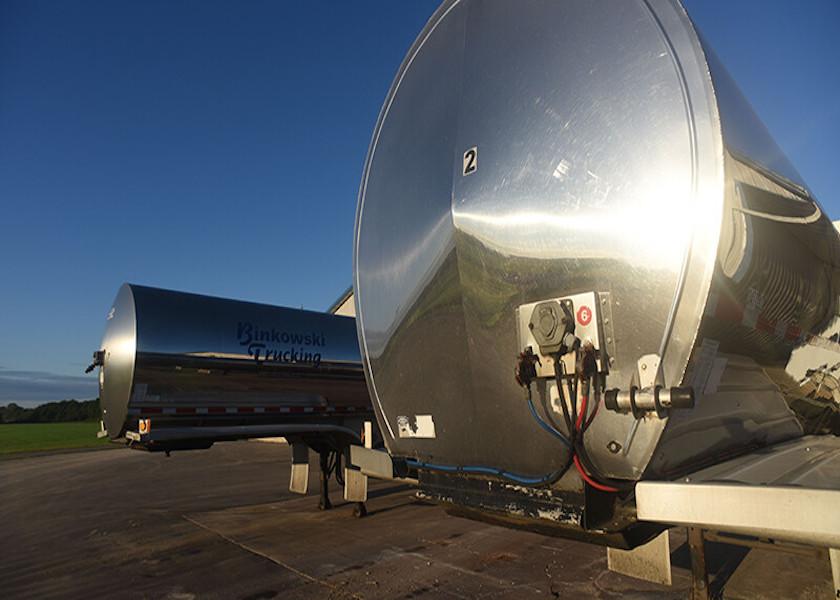Largest Dairy Cooperative Withdraws from International Dairy Foods Association

The largest dairy cooperative in the U.S., Dairy Farmers of America (DFA), decided to withdraw its membership from the International Dairy Foods Association (IDFA) over IDFA’s decision to proceed with its single-issued petition to modify the federal milk marketing order (FMMO) system.
DFA stated that as a longstanding member with 83 processing plants, they appreciate the significant value IDFA provides in supporting the dairy processing and manufacturing sector.
“While IDFA generally maintains a neutral position on policies lacking full membership consensus, a critical exception was made earlier this year when they submitted a divisive milk pricing policy proposal to USDA. This placed DFA in the untenable position of being represented as supporting a policy position, which contradicts what we believe to be in the best interests of our farmer-owners and the dairy industry. Following requests to return to a neutral policy position until a consensus position could be reached, DFA made the difficult decision to submit notice to withdraw from IDFA membership,” DFA said in a statement to Dairy Herd Management.
IDFA said they feel that they are being fair and taking a balanced approach with their FMMO proposal to USDA.
Andrew Jerome, associate vice president of communications of IDFA, says that because IDFA is a diverse membership, they do expect disagreements from time to time.
“Our job is to be inclusive and balance those diverse interests. We have been here before on federal order reform, and we are confident that we will come out of this stronger. We are confident that we are taking a balanced, inclusive approach that is in the best interest of the full dairy supply chain. Our efforts related to federal order updates have been ongoing for more than a year," he says.
“We have engaged in an extensive process with several dozen meetings and multiple streams of work internally with members across all segments of our industry, including our dairy cooperative members, dating back more than a year ago. We have continued extensive efforts to find a united approach. In March, IDFA met twice with leadership from the National Milk Producers Federation (NMPF) to seek consensus on a set of priorities for Federal Order reform; however, consensus was not achieved. IDFA then acted on the direction of our Boards and filed its petition at the end of March 2023. Since that time, we have updated our initial proposal on make allowanced, per USDA’s direction, and submitted a balanced proposal on the Class I mover. It is because of our diverse membership that we can submit a balanced approach that is based on sound data and beneficial to both processors and dairy farmers,” Jerome shared.
“We care deeply about the future of this industry and ensuring its stability, and we understand the pressure cooperatives are under with complexity and the challenge of balancing the interests of their farmer owners with their processing objectives. IDFA has a broad membership of hundreds that continues to include many dairy cooperatives as well as dairy companies from all segments of the dairy supply chain, from cooperatives to proprietary processors to retailers who produce their own private labels. No other dairy association has this kind of diverse, influential membership with a global footprint. IDFA is a critical part of a growing dairy industry that is responding to rising demand from consumers here and abroad. We need to keep our eye on the ball and continue to deliver value for our full membership by supporting and cultivating that continued growth,” Jerome said.
In a pre-hearing USDA informational session that took place on Friday, hearing from dairy industry members and representatives, USDA shared that it is considering 38 proposals from 12 different organizations.







